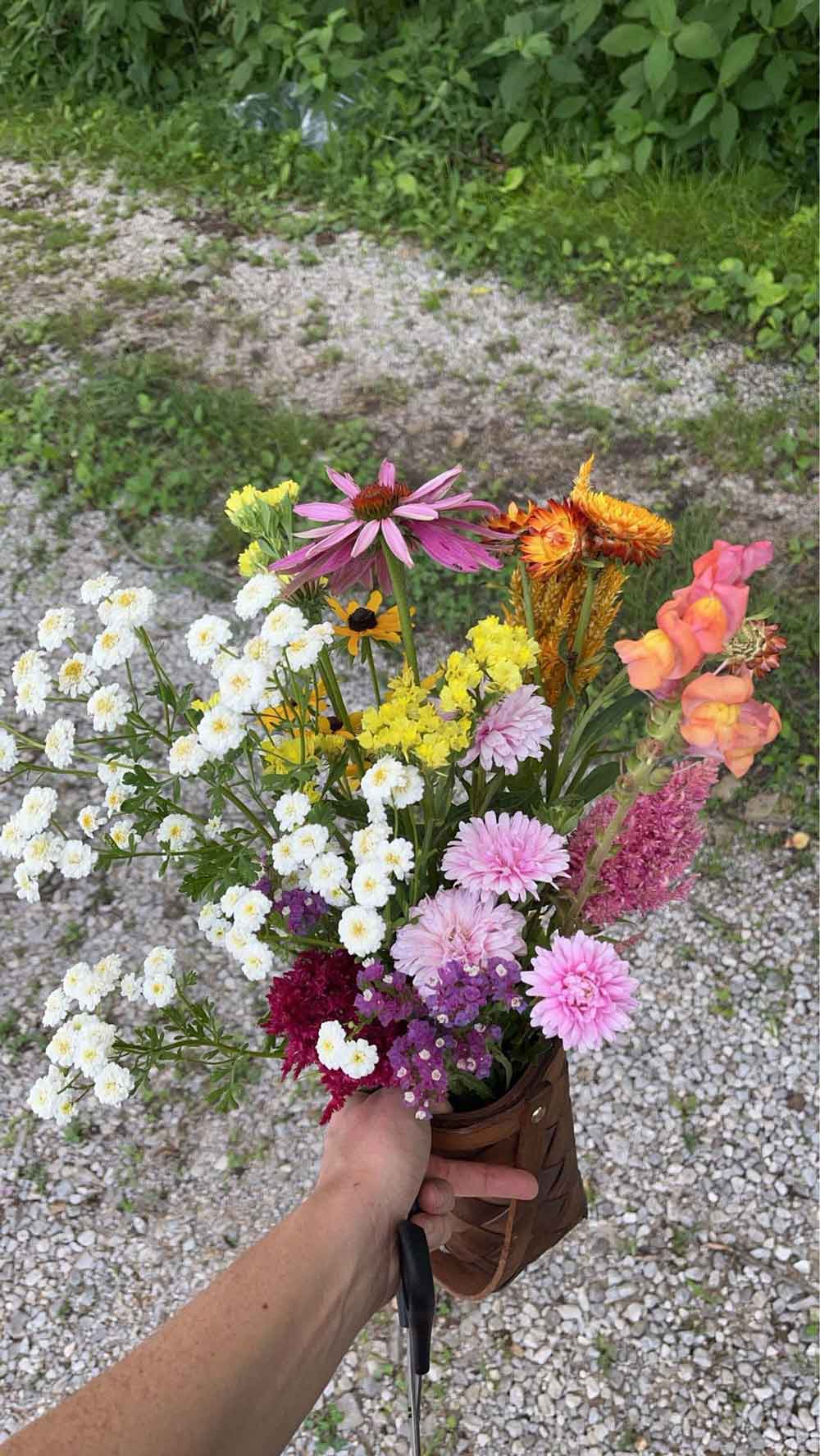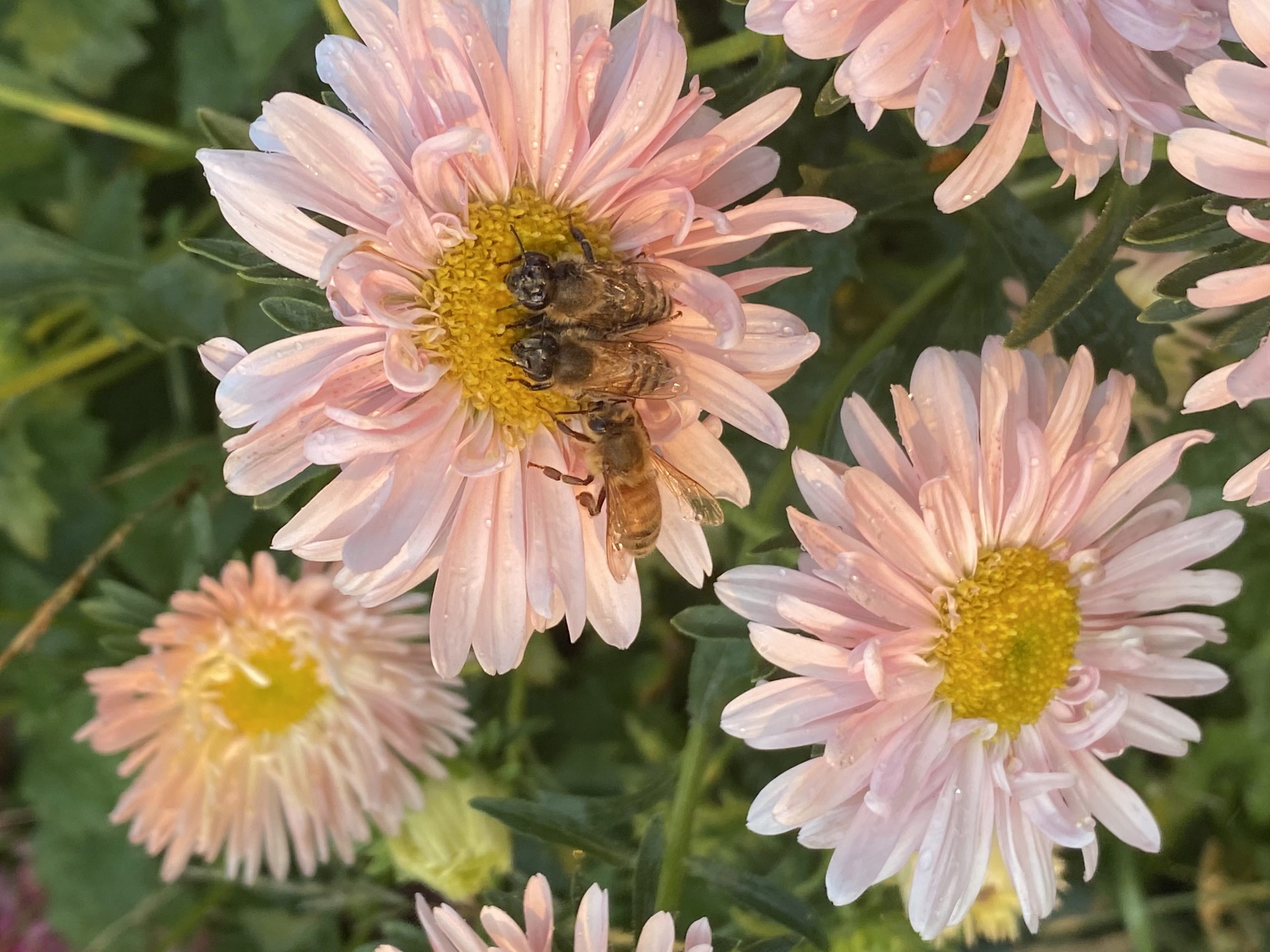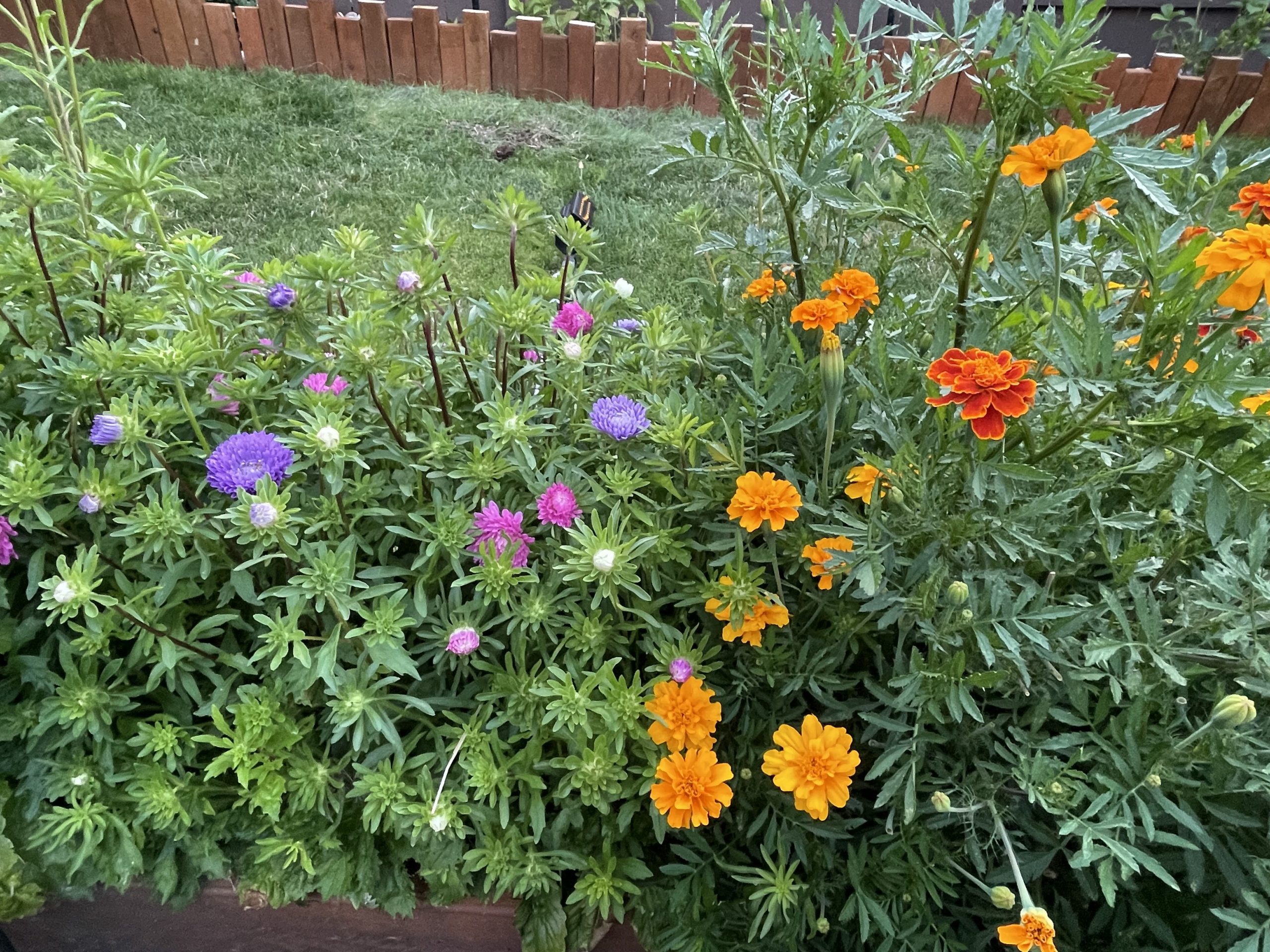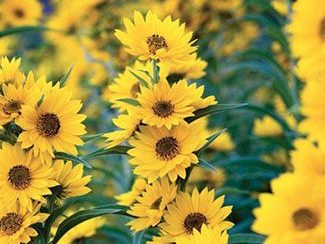About Aster Roots
Aster novae-angliae, or New England aster, is a perennial wildflower native to North America. Purple Dome, a variety of New England aster, is characterized by its bushy growth habit and petite lavender-petaled flowers. Asters typically bloom from late summer into fall, providing late-season color and nectar to hungry pollinators.
While asters can be grown from seed, bare roots are the quickest way to establish a healthy planting that will overwinter well. Bareroot asters produce healthy adult plants that tolerate hot weather and dry conditions with grace.
When to Plant Aster Roots
Wait to plant bare aster roots until after the last spring frost. Mature asters are cold-tolerant, but wait to plant young plants until after all danger of a freeze has passed–younger plants need a whole season to grow and establish strong roots before the return of cold weather.
Where to Plant Aster Roots
Plant aster roots in well-draining moist soil, in a location that receives partial to full sun. Gardeners in warmer climates may need to plant asters where the cool-season plants will be protected from the harsh midday sun. Asters are container-friendly and forgiving of tight spaces–plant the bare roots in pots, hanging baskets, and at garden edges borders.
How to Plant Aster Roots
Aster roots are fairly shallow, so only loosen the soil to a foot deep in preparation for planting. Space aster roots between one and three feet apart, depending on how much space is available–beating in mind that plants tucked tighter together will be forced to grow upright and may be more prone to disease.
Water aster roots deeply after planting. Add compost at the base of the plants to enrich the soil with organic matter and encourage healthy growth. You might also consider mulching the rows to retain moisture and suppress weeds.
How to Harvest Aster
Wait to harvest aster flowers until the buds are almost halfway open. Aim to harvest in the early morning and late evening to avoid the hottest part of the day.
Using a sanitized, sharp pair of shears, snip the stems at about arm’s length. Strip the foliage off of the lower half of the stems and place in water. Asters will last roughly a week in the vase.
How to Care for Aster
Asters are sensitive to both overwatering and underwatering, so take care to water asters correctly. Asters only need about an inch of water a week, either from rain or irrigation. Pay special attention to signs of water stress–look for falling or yellowing leaves.
Prune asters back to about one-third of their size when the plants reach about 18 inches tall. This process–called pinching–promotes bushier growth and bigger, more abundant blooms.
Divide aster roots every two to four years. Wait until the ground has thawed in late spring, and dig the plants up carefully. Plant the divisions immediately and water them well.





